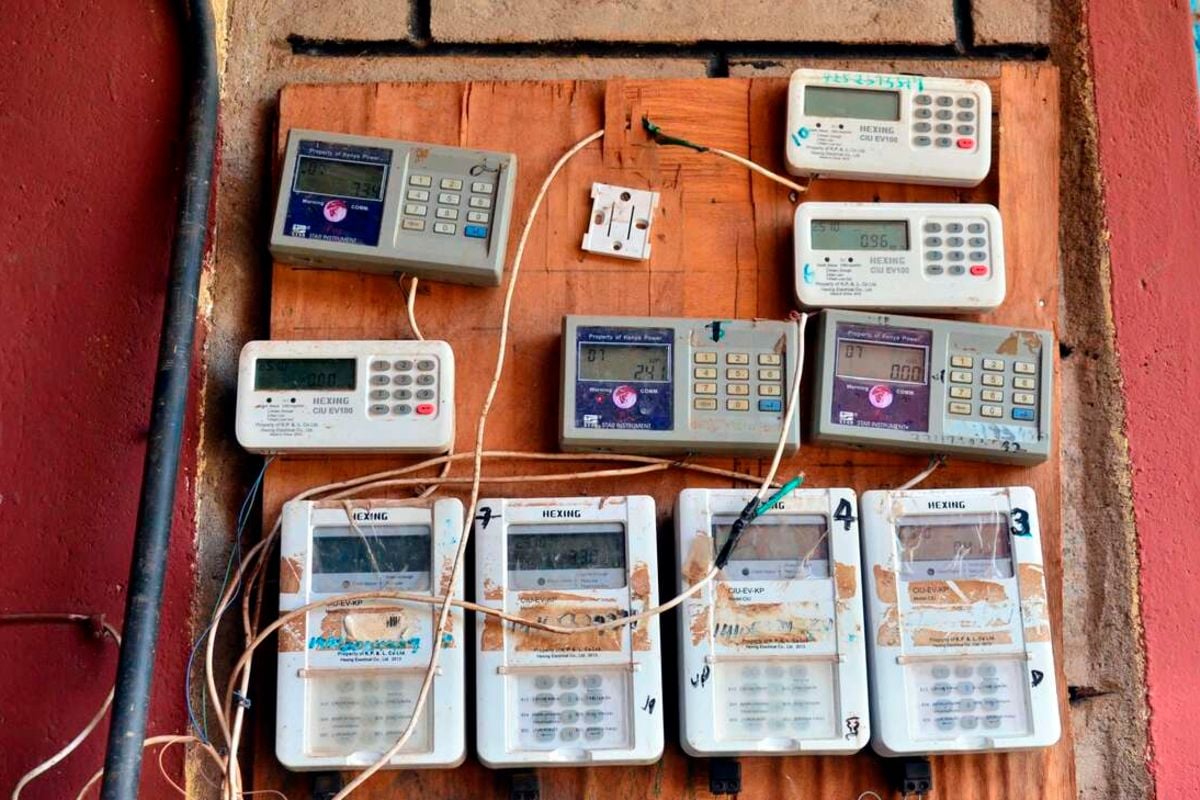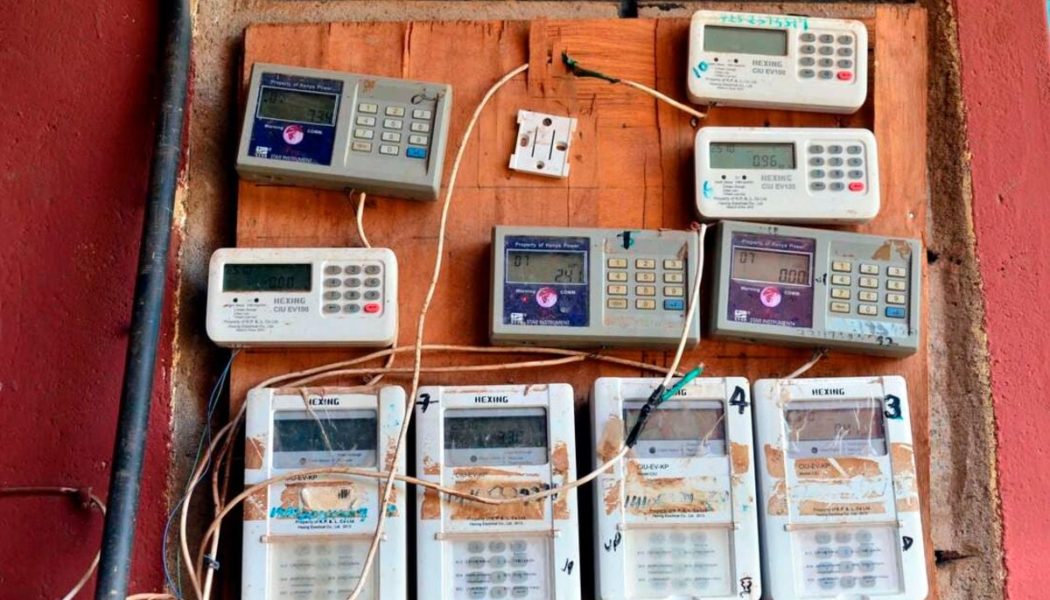
For the first time in Kenya, those who generate their own-use power but also have a connection to the national power grid can sell their excess generation to the entire country through a concept known as net-metering.
The scheme that allows consumers who generate their own power to supply electricity to the national grid in times of over-production and get compensated for energy dispatched.
The scheme became a reality in June when then Cabinet Secretary for Energy and Petroleum Davis Chirchir gazetted the Energy (Net-Metering) Regulations, 2024, ending years of delay to enact the regulations.
How does net-metering work?
Net-metering is in simple terms a new way that enables people to store their excess electricity in their country’s power grid instead of buying costly battery systems.
For example, if a residential customer has a solar power system on their roof, it may generate more electricity than the home uses during daylight hours. If the home is net-metered, the electricity meter will run backward to provide a credit against what electricity is consumed at night or other periods when the home’s electricity use exceeds the system’s output.
In this arrangement, customers are only billed for their “net” energy use.
Who can benefit from net-metering?
Any power consumer who is connected to the grid and also generates power for their own use can apply for net-metering.
However, they can only qualify if they generate electricity from renewable sources such as solar, small hydropower, and wind.
If you are a single-phase domestic consumer, the capacity limit for your net-metering connection is 4kW. For three-phase consumers, the limit is 10kW. Meanwhile, commercial and industrial consumers can feed up to 1MW to the grid through the scheme.
How do you apply for net-metering?
A person who intends to enter into a net-metering system agreement is required to apply to Kenya Power or its respective retailer. Upon approval, the consumer must enter into the net metering system agreement and install and commission the meter within six months from the date of the agreement.
The consumer is responsible for installing, commissioning, and interconnection of the meter with the Kenya Power’s network at their (consumer’s) own cost. The net-metering license will last for 5 years.
On what basis will the applications be approved?
Applications for net-metering will be granted on a first-come-first-served basis. The Energy and Petroleum Regulatory Authority (Epra) will only license a total capacity of 100MW in the first 5 years of the net-metering scheme. This means that once approved applications have hit a total capacity of 100MW, Epra will stop issuing new licenses for net-metering.
Will you be paid cash for feeding power to the grid?
No. Kenya Power will not pay consumers for the power they have purchased from them under net-metering. Instead, they will give consumers credit for the supply at half the cost at which the consumers buy electricity from Kenya Power.
For example, if Kenya Power sells to a consumer a unit of electricity at Sh32, the utility will give the consumer credit of Sh16 for every unit they supply to the grid.
This credit will be used to settle any future bills that the consumer may incur in the future. However, the credits expire at the end of Kenya Power’s financial year every June 30.
At the same time, consumers are entitled to the value of any carbon credits accruing from the net-metering systems.
What countries have implemented net-metering?
Net-metering is already being implemented in a number of countries across the world, while others have already put in place the requisite legislation required to implement the system.
High-income countries that have implemented net-metering are Barbados, Belgium, Denmark, Italy, Malta, and Chile. Upper-middle-income countries that have the system are Brazil, the Dominican Republic, Jordan, and Tunisia.
Among lower-middle-income countries, Guatemala, Pakistan, the Philippines, and Sri Lanka are the countries that have net-metering, while Ghana, Kenya, and Senegal are among the countries that are piloting and setting up the system.









